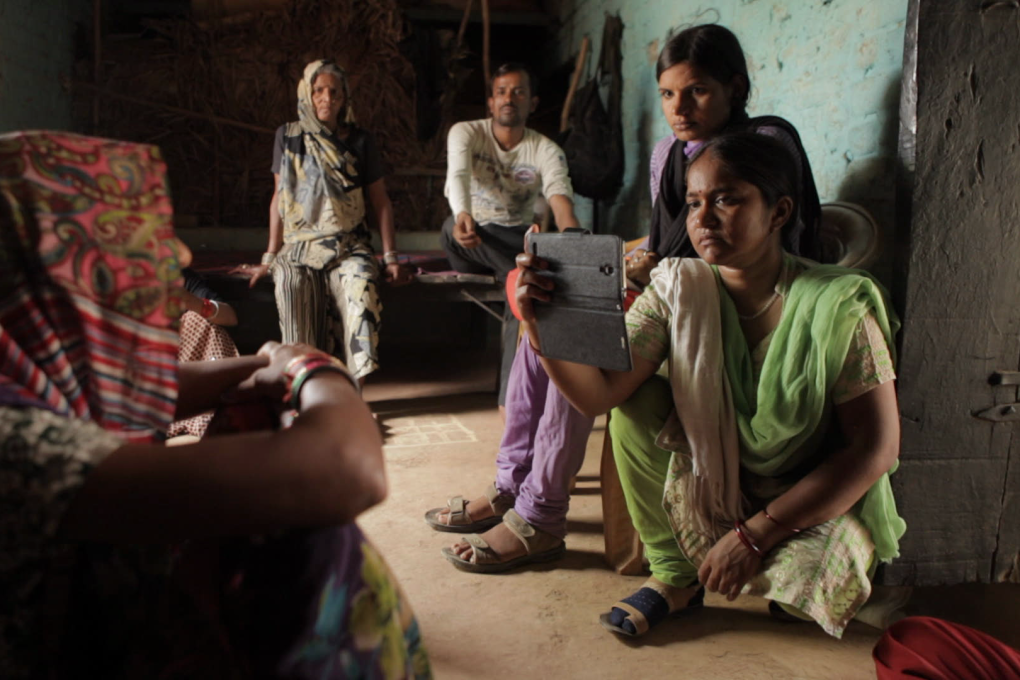Women journalists from India’s lowest caste who’ve found success in digital news profiled in stand-out Sundance Film Festival documentary
- Writing with Fire focuses on three women from India’s Dalit caste who are part of India’s first all-women news agency, Khabar Lahariya
- As well as telling a great story, the documentary places India’s caste system in stark relief

Writing with Fire, the debut feature by New Delhi-based married couple Rintu Thomas and Sushmit Ghosh, is a stand-out in the 2021 Sundance Film Festival’s World Cinema Documentary Competition.
The filmmakers have deftly woven the story of three brave, extraordinary young women journalists who have experienced unprecedented success via India’s first all-women news agency, Khabar Lahariya. What makes this all the more exceptional is that the women belong to the Dalit caste – the lowest caste in India, long labelled “untouchables” – and operate out of highly conservative Uttar Pradesh, India’s most populous state with 200 million inhabitants.
“Khabar Lahariya was quite popular in print form for 14 years,” Thomas explains over Skype from New Delhi. “But when they shifted to digital their audience could see them and consume the news almost immediately, because the internet penetration in India is quite high. You might not have electricity in your village, but you will have a phone.”
We watch Meera, 32, the agency’s editor, interviewing the youth leader of a Hindu vigilante organisation with remarkable calm. Meanwhile Meera’s equally unflappable friend, the born-for-the-camera Suneeta, 20, who grew up working as a child labourer in an illegal mine, delivers hard-hitting reports on subjects including illegal mining and corruption. The third journalist in the film, Shyamkali, is quieter. “She was nervous, so she embodied the vulnerability of the whole situation,” Thomas says.
Meera’s husband, who she married at 14, is not too keen on his wife’s line of work. She should be home looking after their kids, he says. Still, you can sense his pride when he mugs for the camera.
